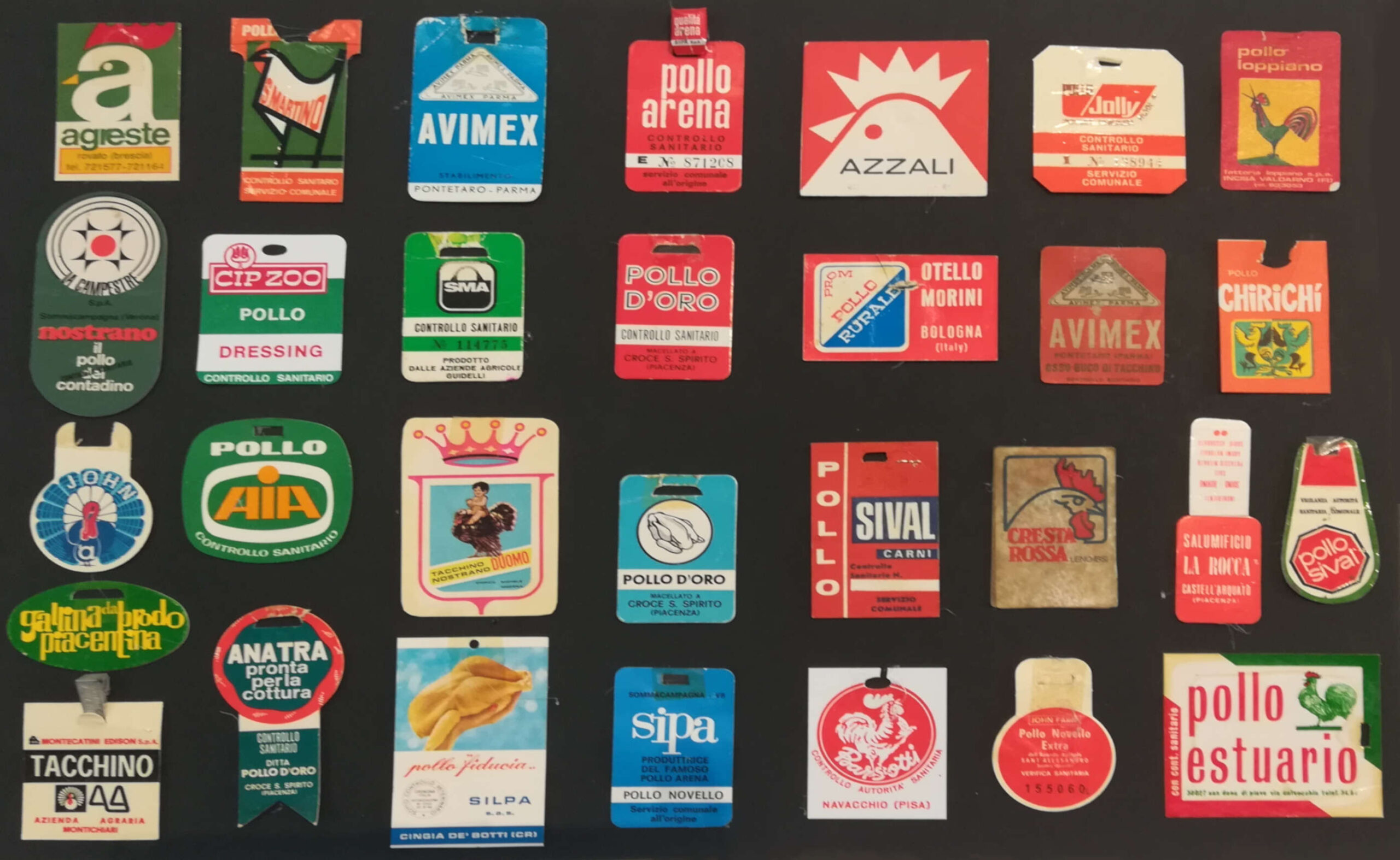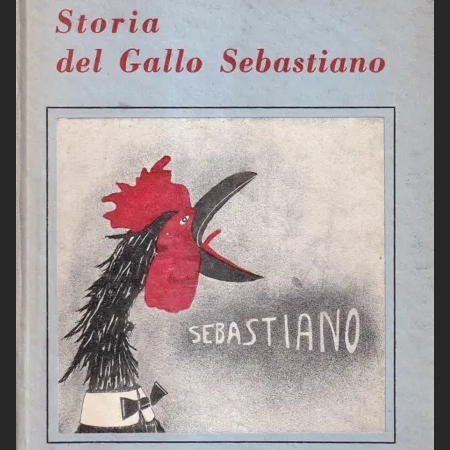Face to interface
On this page:

Face to Interface – Introduction
Welcome to “Face to Interface”, the Research Blog of the Social Sciences and Humanities (SSH) team of the MOZART project!

Interdisciplinary research
Words of soft robotics. Journey through MOZART’s robotics labs, pt 1.
In which we learn the basic “what”, “how”, and “why” of soft robotics through practitioners’ definitions.

HRI interfaces - past, present, future
Chicken gets chilled. Consolidating and growing the Italian poultry sector
From the 1960s, new refrigeration technologies, marketing strategies, and organisational arrangements fostered the growth of the Italian poultry sector into one of Europe’s biggest.

HRI interfaces - past, present, future
Chicken becomes broiler. Economic boom, techno-scientific advancements, and industrial development
With the beginning of the Cold War, techno-scientific advancements and new organisational forms in the agrifood sector fostered the development of the broiler industry. US innovations spilled over to other industrialised countries of the Western Bloc.

HRI interfaces - past, present, future
Chicken goes to war. The symbolic and material significance of poultry in times of conflict
During WWII, poultry became central for both fascists and anti-fascists, providing nutrition to sustain fighters and civilians as well as metaphors to discuss the socio-political context.
About the team
This blog is managed by the Social Sciences and Humanities team of the MOZART project, based at the Long Room Hub, Arts & Humanities Research Institute, Trinity College Dublin.

Dr. Jennifer Edmond is Associate Professor of Digital Humanities at Trinity College Dublin, Co-director of the Trinity Centerfor Digital Humanities, Director of the MPhil in Digital Humanities and Culture and a funded Investigator of the SFI ADAPT Centre. Her current research explores interdisciplinarity, humanistic and hybrid research processes, and the emergence of critical digital humanities as a contributor to both research and technology development.

Dr. Pat Treusch is a MSCA research fellow in the H+ programme at the Trinity Long Room Hub. Her work focuses on transforming human-machine relations from the perspective of Feminist Science and Technology Studies and Critical Digital Humanities. She is especially interested in interdisciplinary research methods, practices, and concepts of a co-shaping of tech in design and development. In her MSCA project “EVOLVE_AI”, she explores the role of emotions for AI-powered technologies beyond the figure of the humanlike.

Dr. Ginevra Sanvitale is a postdoctoral researcher at the Trinity Center for Digital Humanities. Her research interests include historical and STS perspectives on emotions and technology; political histories of computing; feminist approaches to technological development; marginalized and non-institutional actors in the history of technology.


